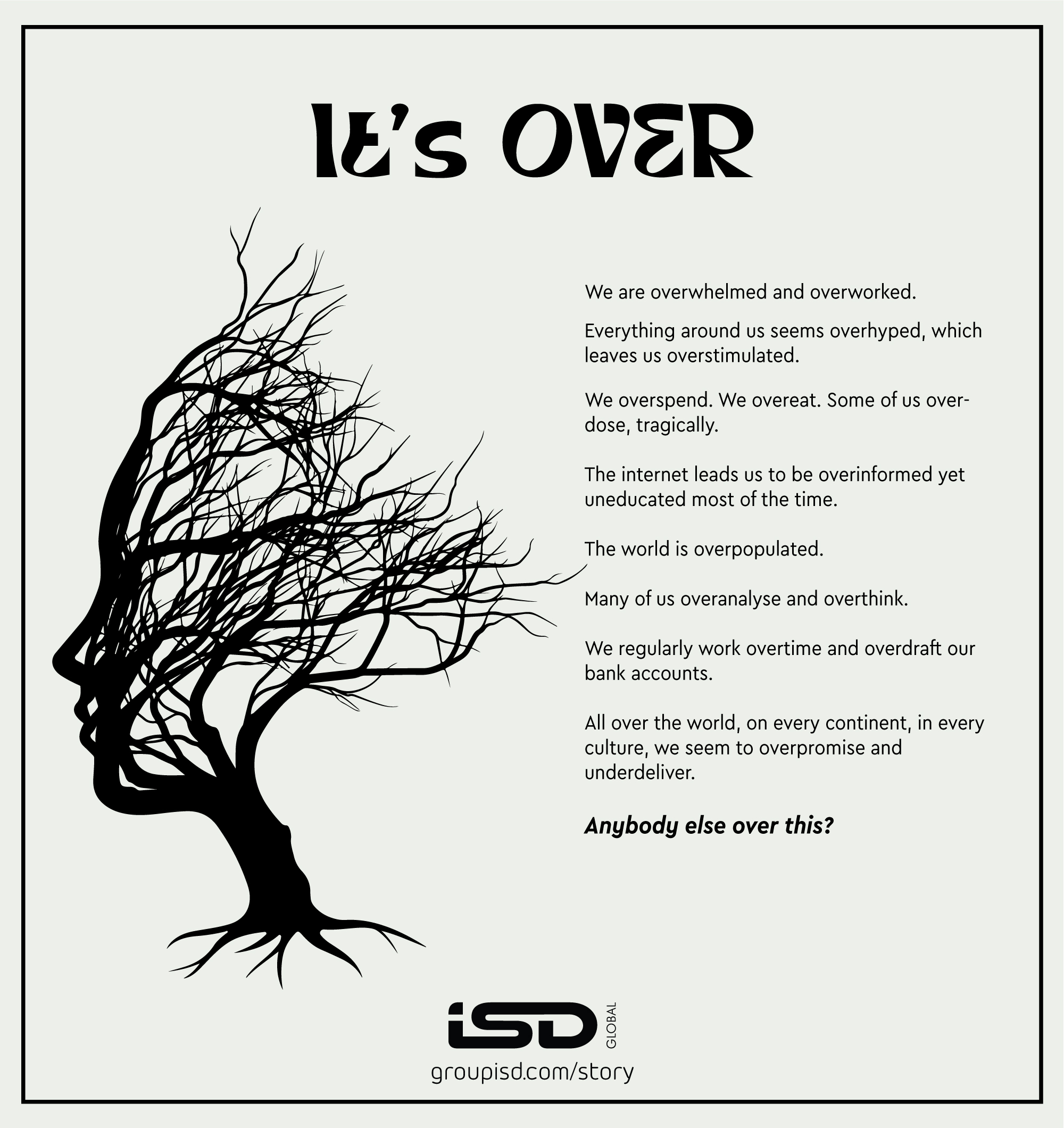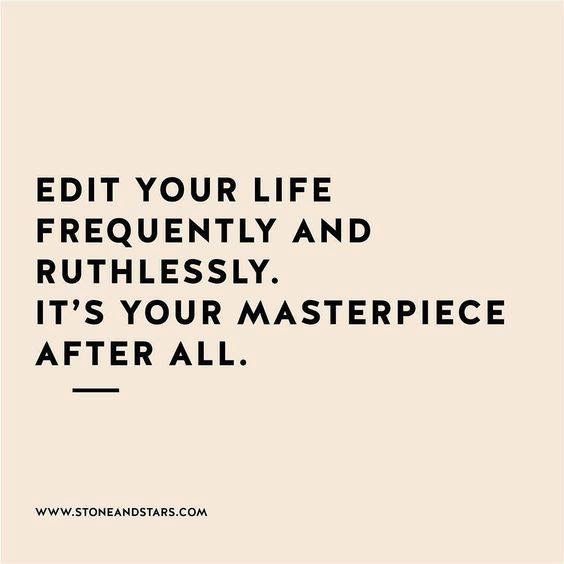I was never even mediocre at either math or arithmetic. Hence, if this fails to add up, I am completely at home with it.
” So the writer who breeds more words than she needs, is making a chore for the reader who reads ” – so said Dr. Seuss.
Every year at the Oscars, the award for Best Picture gets all the fanfare( a couple of year ago, of course Will Smith had other ideas). That may be stating the obvious. What might be not so obvious is in contrast, the award for film editing flies under the radar. But you may be surprised by the correlation between these two awards.
Since 1981, only three films have won “Best Picture” without also being nominated for “Best Film Editing”.
Why is editing so crucial in filmmaking?
A good film editor removes distractions by eliminating trivial or irrelevant things. She uses deliberate subtraction to add life to the ideas, setting, plot, and characters.
The best films are exceptional not because of what we see but because of what we don’t see.
We can draw parallels here. And use the same principles to edit our own lives. We might be from Mars or Venus but on Mother Earth our never ending to-do list need not be a perennial match for our Herculean, Machiavellian competence and calibre that we seem to have been willy nilly blessed(cursed?) with. Probably there is a space to begin by ‘ separating the vital few from the trivial many ‘. The over ignored practice of essentialism.
Mind you, this is no easy task. To distill and rein in our incorrigibly elastic task list. How will we answer our ego? Or camouflage our insecurities? We find comfort in “keeping our options open”. But having too many options leaves us without direction. Having a few focused options gives our life a clear direction and makes decision-making easier.
Eventually, every cut we make brings joy. Maybe not in the moment, but soon we will realize the time we have gained can now be spent on something better.
We, as people, systematically overlook subtractive changes, instead following our instincts to add. There is nothing inherently wrong with adding. But if it becomes a default path to improvement, that may be failing to consider a whole class of other opportunities.
The paltry rate of subtraction in our life or organizational-improvement journey is appalling. To improve a redundant piece of writing, few produce an edit with fewer words. To improve a jam-packed travel itinerary, we hardly remove events or places to allow us to savor the ones that remained. To improve a Lego structure, we hardly take pieces away. Whether we are changing ideas, situations, or objects, the dominant tendency is to do so by adding.
In an increasingly attention starved, attention craving economy, subtraction has a noticeability problem. When we add things, apparently it gets noticed. But when we subtract..we seem to miss the point.
Life has a way of taking over. We start running on auto-pilot especially when we are overwhelmed, in over our heads, or simply worn out from all that life is throwing our way. And this year, life is throwing more than ever our way.
After a while of trying to keep all the balls in the air, we stop paying attention and simply start reacting. Amidst all the chaos, we know something has to change, but we don’t know what or how.
When was the last time ‘ nurturing our heart and soul ‘ was part of our to-do list? It hardly makes the list of things to take care of during the day. If we prioritize the nurturing of our heart and soul, by taking time to listen to what they want, by engaging in soul-soothing activities and by using them to guide our actions, we can get our life back. We’ll remember who we are(otherwise in the stage called life, we are all practicing ‘ selective amnesia ‘) and begin to attract people and projects that are a perfect fit for the real us.
So what is the take away? Yes, you guessed it, take away, to make way!


